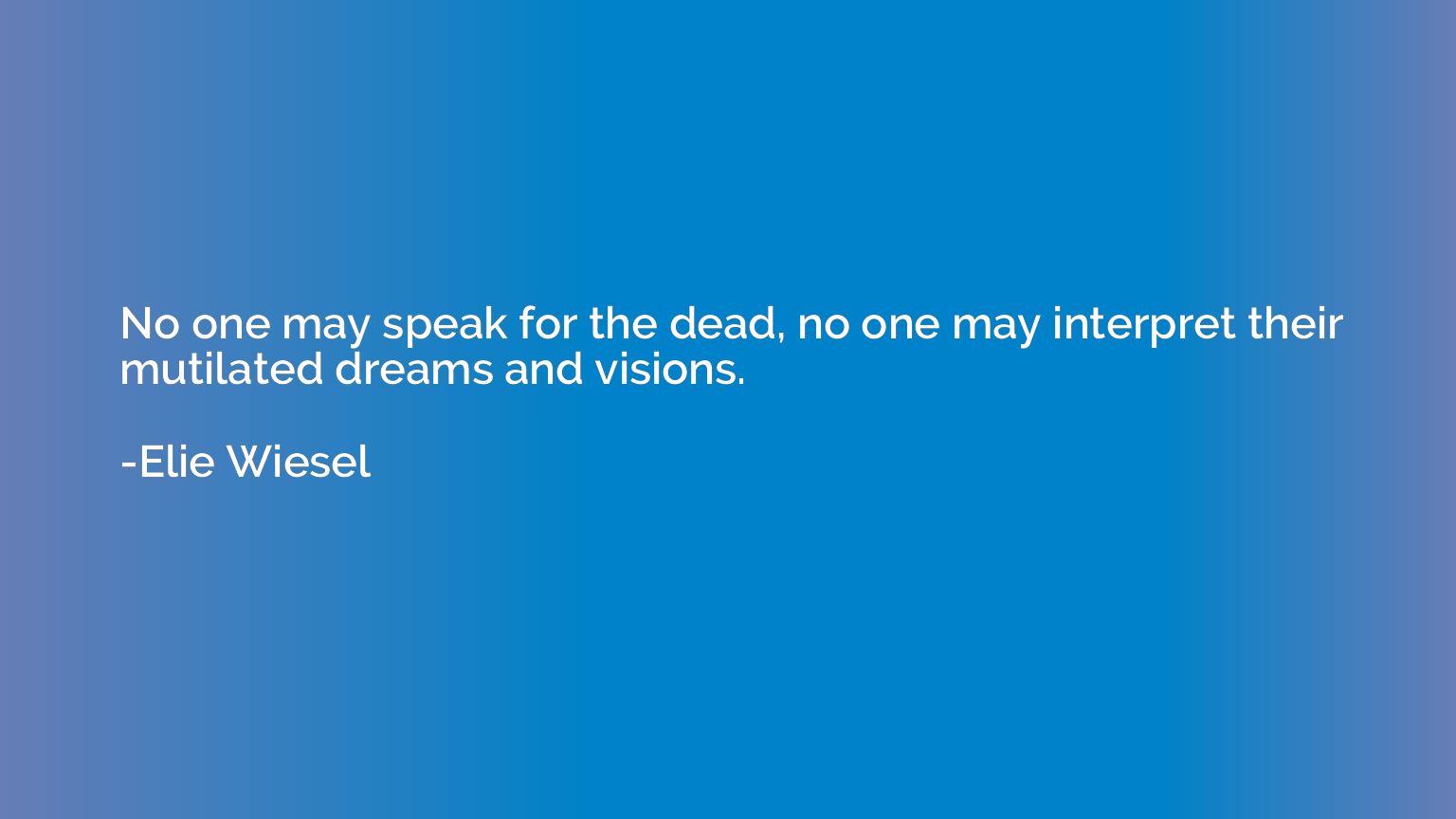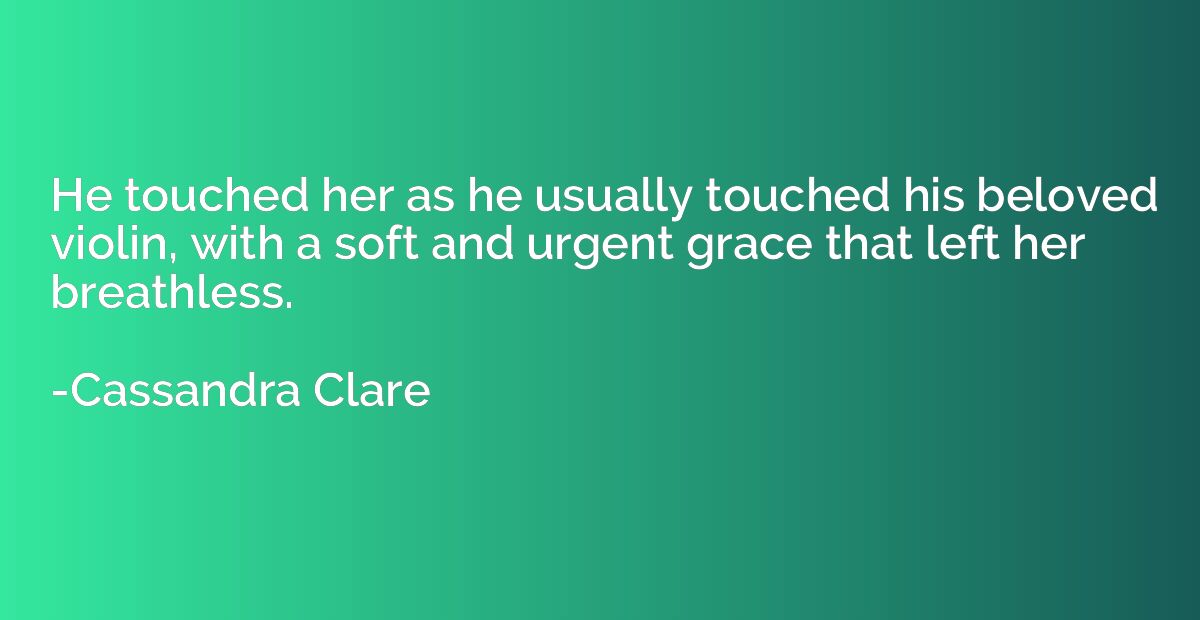Summary
This quote signifies the speaker's aversion and disdain towards idealized or flawless representations of beauty, achievements, or lifestyles. They express a preference for imperfection, finding it more authentic and appealing than artificially constructed notions of perfection. Rather than being inspired or impressed by "pictures of perfection," the speaker admits that it evokes feelings of sickness and wickedness. This quote suggests a rejection of societal pressures for unattainable ideals and a celebration of the raw, flawed aspects of reality.
By Jane Austen
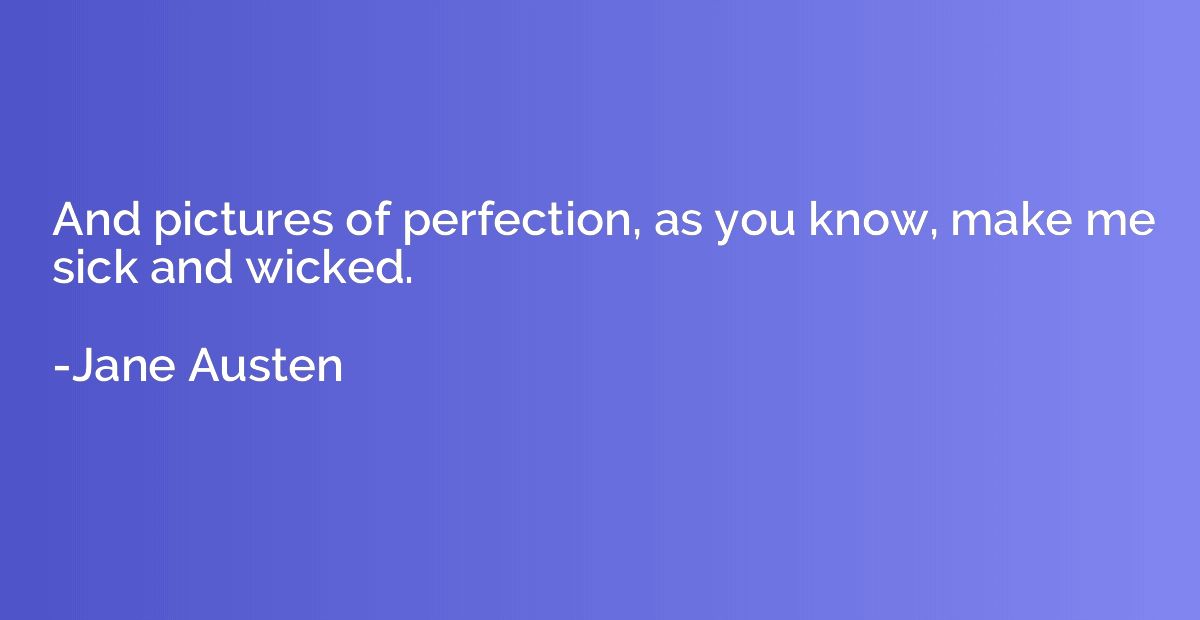



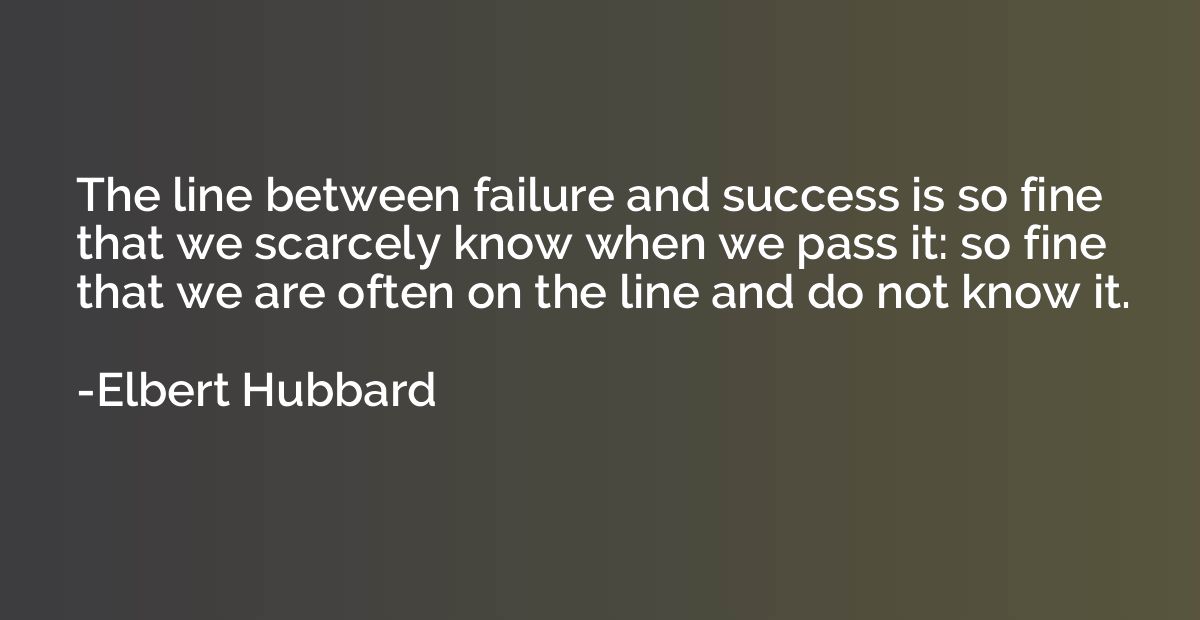

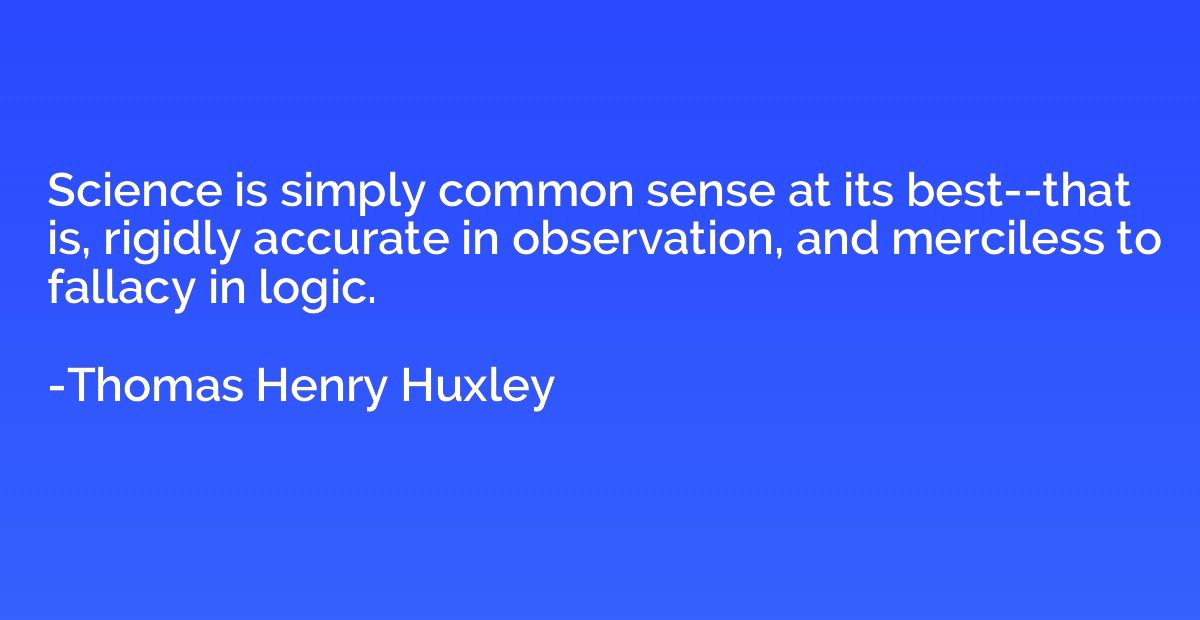
![]sing to usthe one with violets in her lap]mostly]goes astra](https://quotation.io/quotes/sing-usthe-one-violets-lapmostlygoes-astray.jpg)





